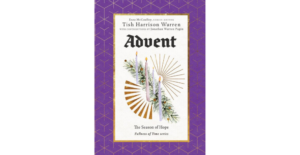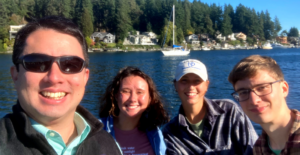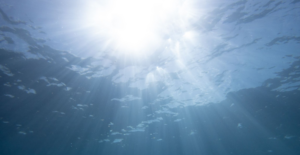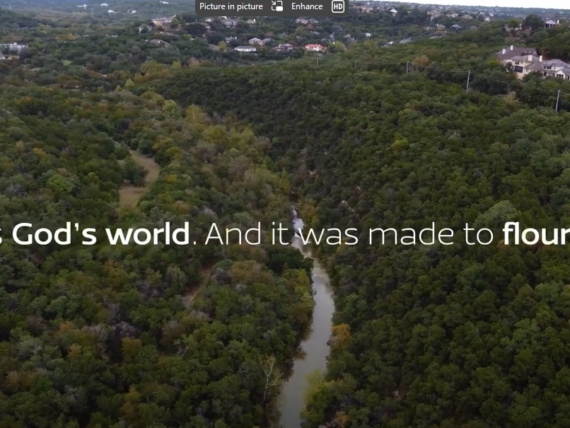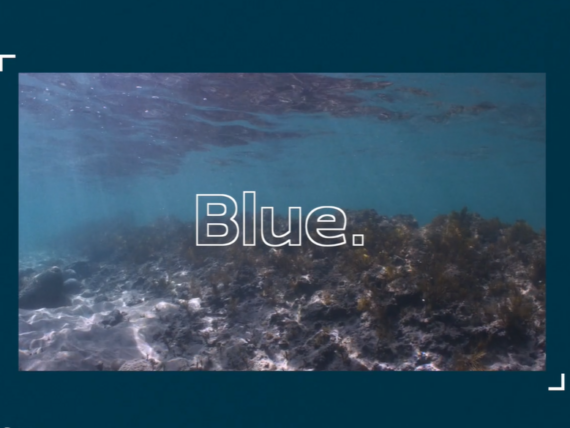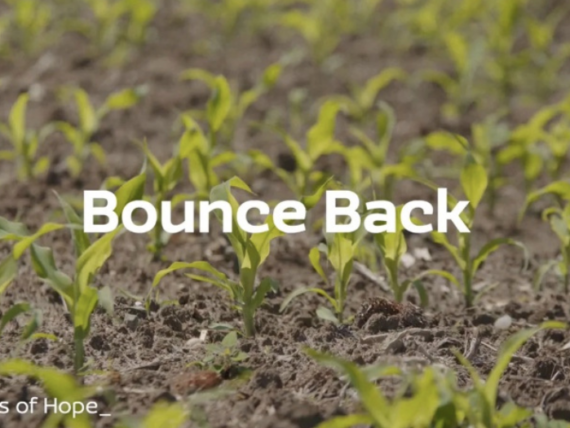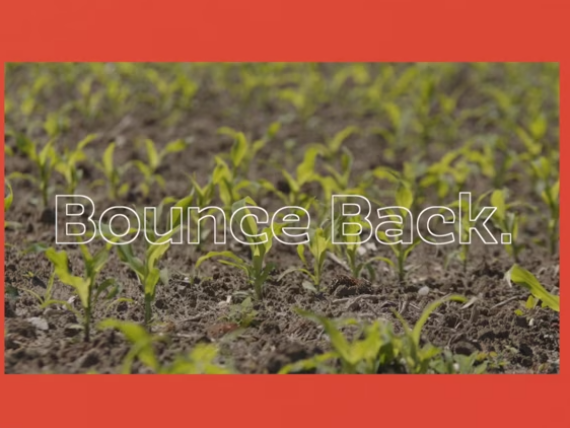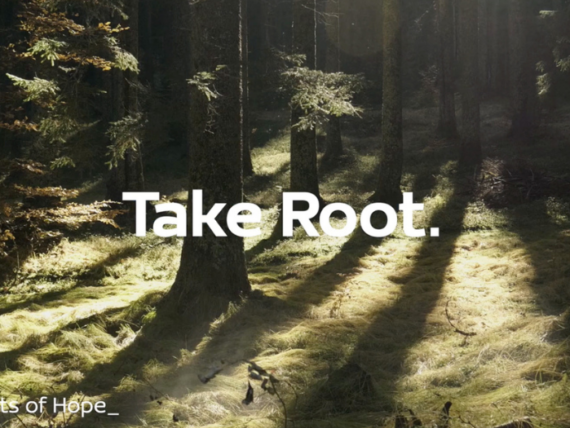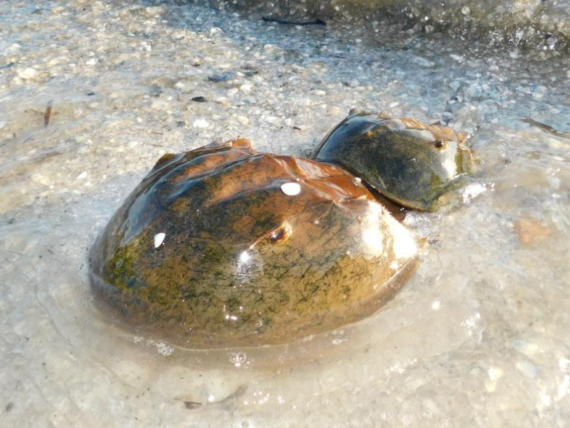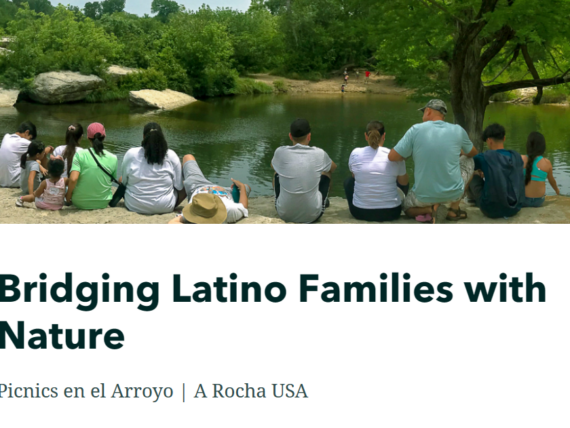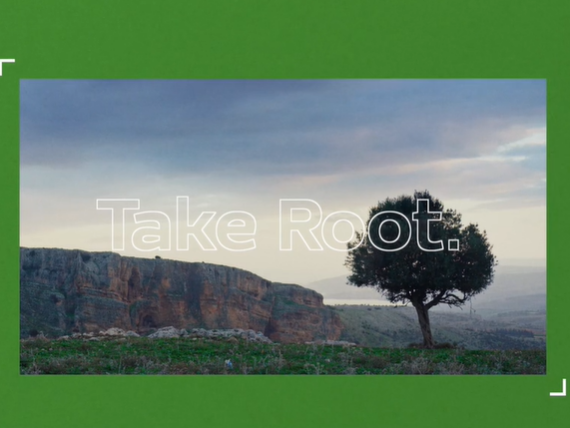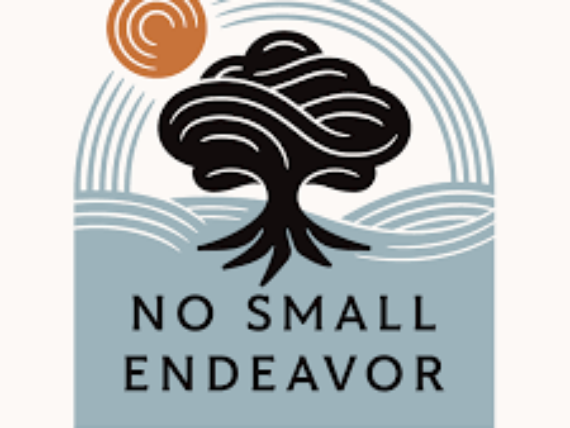Bounce Back, the fourth installment in A Rocha’s ‘Elements of Hope’ video series, asks us to examine where we find our hope amidst environmental disasters, such as extreme wildfires or terrible floods. The film explores the idea of ‘refugia’, defined as an area in which a population of organisms can survive through a period of unfavorable conditions, especially glaciation and fire.
Forests do not regenerate without fire, and, like our own personal walk with Christ, we too must face challenges and be pruned and refined to grow in our faith. Loving God’s creation comes with lament and heartbreak for the things that are lost. But there is hope.
Learn more about finding hope amidst disaster in the ‘Bounce Back’ film and share with your church, school, bible study or youth group. You can find the accompanying discussion guide at arocha.org/wp-content/uploads/2023/08/Study-Guide_Bounce-Back.pdf and download the video from our Vimeo channel.

